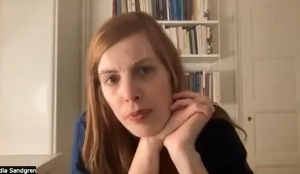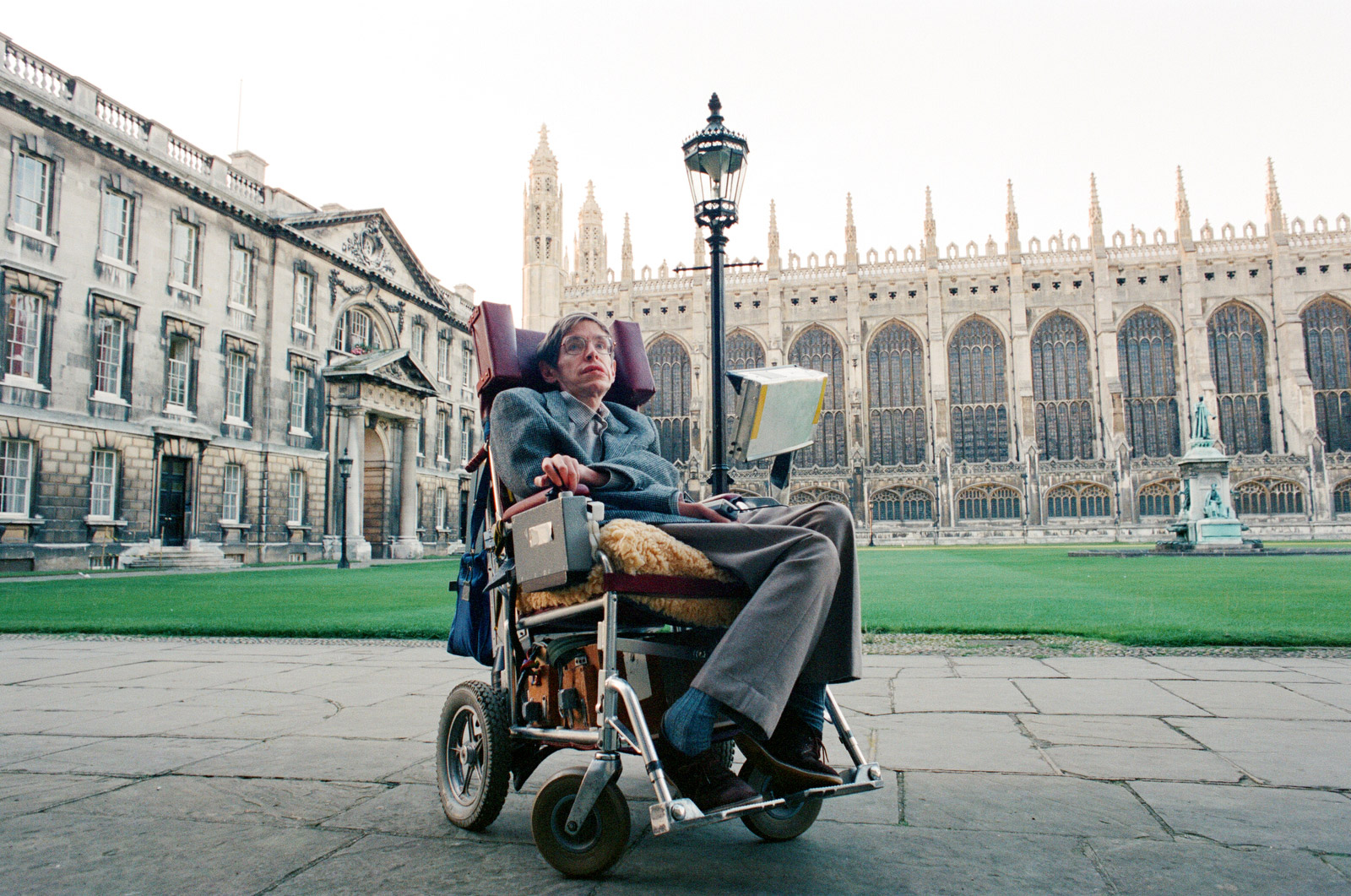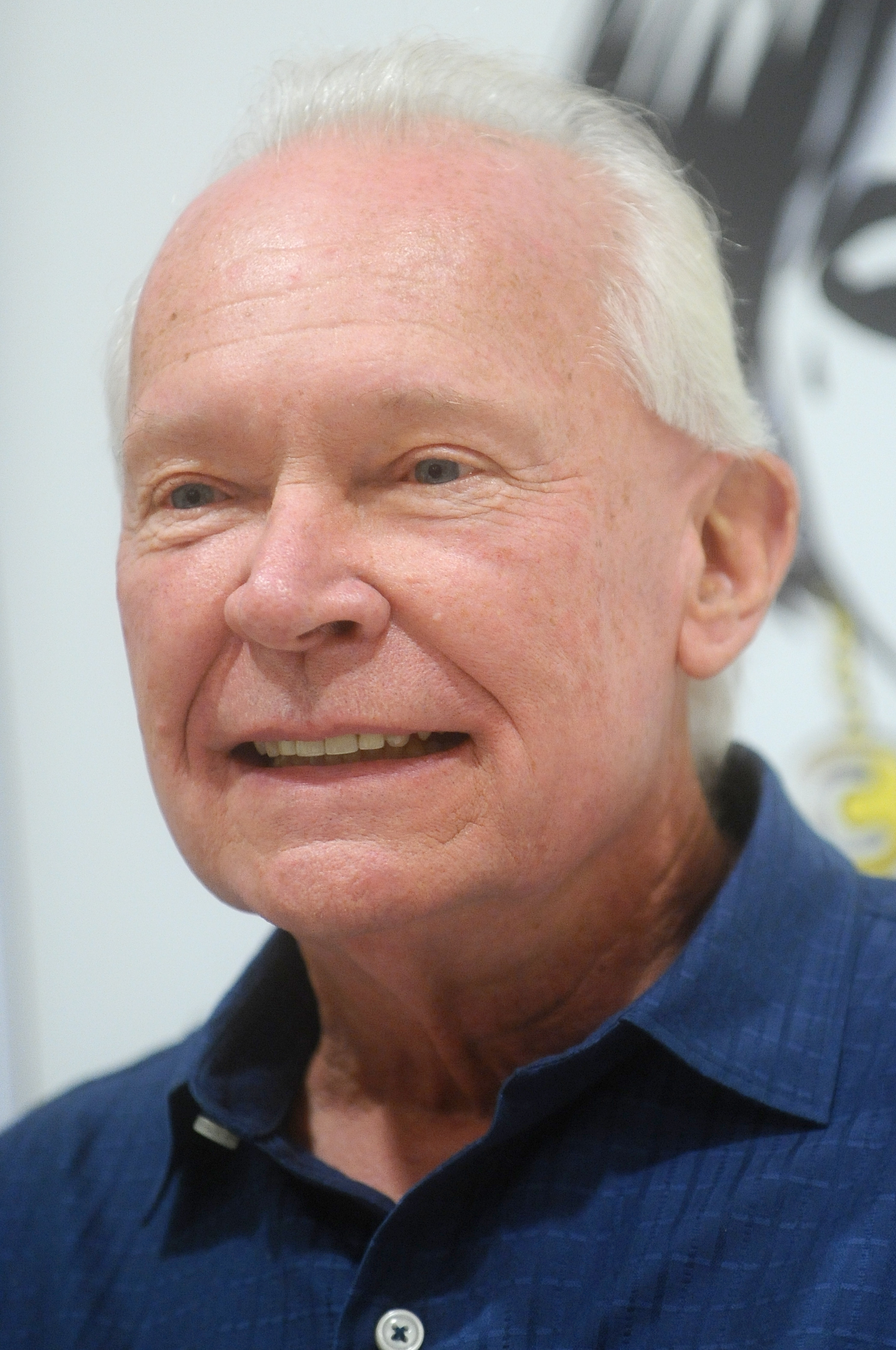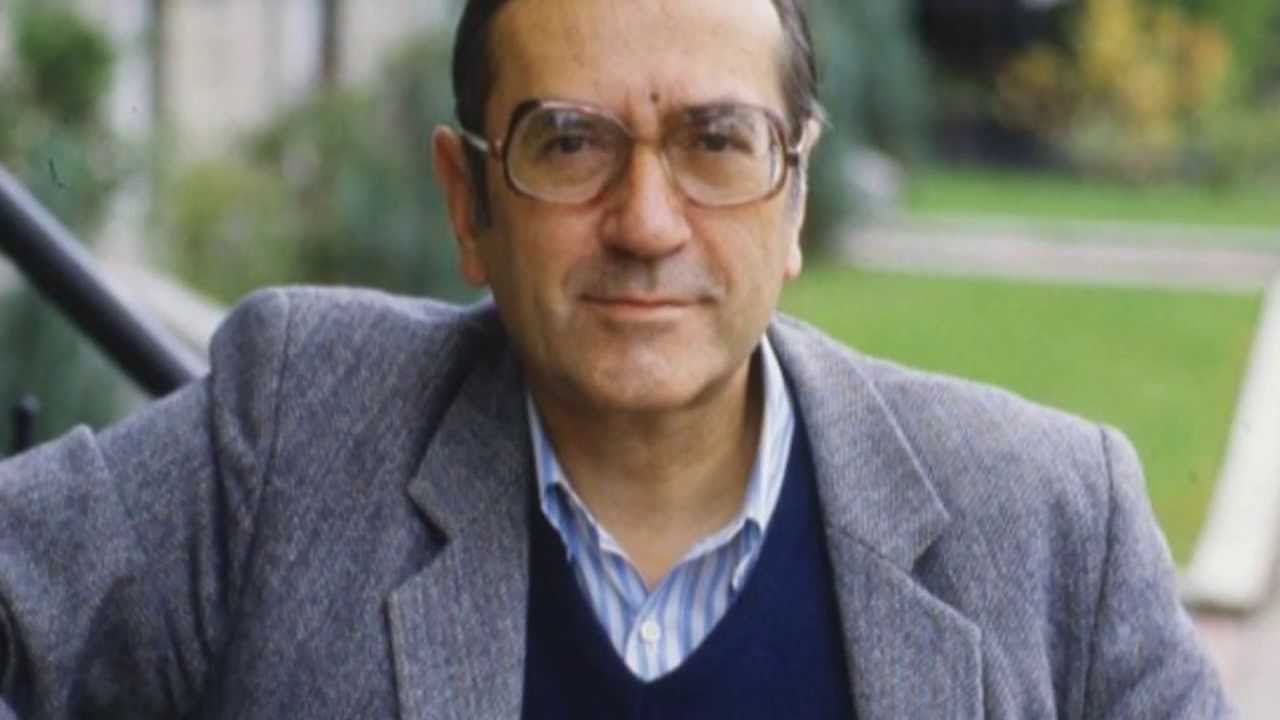
Lydia Sandgren (born January 8, 1987) - Swedish novelist, psychologist - Collected Works (2020)
The Goodreads page for Lydia Sandgren
Lydia Sandgren discusses her novel Collected Works
 here
here

Stephen Hawking (born January 8, 1942) - U.K. physicist - The Grand Design (2010)
Brief Answers to the Big Questions by Stephen Hawking here

Terence Dean "Terry" Brooks (born January 8, 1944) - U.S. fantasy fiction writer - Dark Wraith of Shannara (graphic novel)

Gaston Miron (born January 8, 1928) - French-Canadian poet - L'Homme rapaillé
Read about Gaston Miron in this essay
Gaston Miron Or How To Become A National Poet
by Peter Byrne
Miron was born in 1928 in the village of Sainte-Agathe-des-Monts in the Laurentides sixty miles north of Montreal.
Then in 1940 Miron's father died suddenly at forty-four. The Canada of the day didn't offer much help in such cases. When the family savings ran out Miron's mother had to sell the family home and take in washing to keep her four daughters. Gaston at thirteen was sent off, willingly enough, to become a teaching Brother at the Brothers of the Sacred Heart normal school near Granby, ninety miles from home. The boarding school regime is startling to consider. There were no summer vacations, only August spiritual retreats. In six years Miron would make but one visit home. His mother and sisters visited him twice.
Miron loved the training school of the Brothers of the Sacred Heart at Granby. He stayed from the age of thirteen to nineteen. Despite all the criticism of oppressive religious institutions that Quebec would know in its transition toward secularism in the 1960s, Miron never faulted his life at school or the Brothers. During a lifetime spent among writers of an anticlerical bent, he was reluctant to speak a word against the Church.
It was the Brothers who taught Miron introspection. Recruits for the religious life learned to look inward to their conscience to see if they were up to scratch morally. In his diary written at school the air was thin with abstractions and Miron would often address God directly. His ultimate literary voice would flow from the mix of this ritual self-abasement and his lyric poet's narcissism. He was by nature a performer and excused the egoism involved by performing for God. He mixed talk of his unworthiness with enormous claims for himself. Later his people, his nation, and his language would take center stage with God pushed into the wings. Miron would perform for them.
Looking back, Miron would thank the Brothers for their excellent instruction in French. They never discouraged his efforts in poetry and steered him into the classic forms of French verse. He wrote away in rhymed alexandrines about the beauties of nature, little else being on offer around the isolated school.
Change came in 1946 when he finished his studies and began teaching in Montreal as an apprentice Brother. Reluctance to bind himself to chastity and his absorption in poetry soon made for a crisis that saw him abandon the religious life. He began to live in the city on his own, scraping a livelihood. He confronted the modern French poets. His real education began.
In the late 1960s the Quebec sovereignty or separatist movement gathered force. It would lead to a polarization within Quebec opposing independentists to federalists. Two referendums on the question in 1980 and 1995 decided against independence, the second by only one percentage point. The question is far from settled. Miron's adhesion to the separatist cause was the pivot of his life and his poetry. Since his arrival in Montreal his verse showed him immersed in self-contempt and disarray. His relationship to women was all yearning and failure. He hoped that collective action might be a personal way out and participated in various youth club activities with a religious tinge. Joining the sovereignty movement was the next step.
Hommes, souvenez-vous de vous en d'autres temps (Men, look to what you were in other times)
As an independent nation Quebec could, Miron believed, erect a wall and keep foreign words out. He would then feel at ease. Late in his life, Gaston Miron, the defender of Quebec's uniqueness, would admit that he felt fully human only among the sixty million French speakers of France. It was a significant avowal and indicated that his problem with language remained a very personal one. Whatever one feels about Quebec becoming an independent state -- and the idea pleases this writer -- Miron's hopes were another exercise in credulity. The omnipresence of English on the planet would hardly be undone by Canada's loss of a province. Fortress Quebec chewing over its language woes would risk becoming a kingdom of otherworldly cranks.
Miron became a highly visible proponent of the separatist cause. There was no doubt of his sincerity, but his engagement was also a literary strategy. Militancy certainly invigorated his poetry to begin with. It gave him a focus and kept him from the trivial. His hypersensitivity to words made him a remarkable poet but it also ended his creativity prematurely. He clearly found it easier to throw himself into promotional and political work -- speech-making, organization, propaganda -- than to sit down and write poetry. His exhausting schedule served as an alibi for not squaring up to his writer's block. At the end of his life he was more a public performer than a creative writer.
Miron was ingenuous to the last. No doubt Quebec had not got the best of deals in the Canadian Confederation and was reasonable in wanting out for that and other reasons. But it was laughable to quote Franz Fanon's The Wretched of the Earth and lump Quebecers with the colonized people of the Third World. Miron could be a clumsy foot soldier in the battle of ideas. From behind his plain man façade, megalomania regularly peeked out.
In the end there are the poems. It's the quality of his total identification with his people, a people he sees in his idiosyncratic way, that made Miron the national poet of Quebec. His commitment is stirring.
Recours didactique / Didactic Recourse
(Also titled in English "A Lesson in Commitment")
My comrades, over the long course of my youth
I stayed in the heights with my poetry; now
I am in the public square with my own
And my poems have taken on the darkness of our combat
Mes camarades au long cours de ma jeunesse
si je fus le haut-lieu de mon poème maintenant
je suis sur la place publique avec les miens
et mon poème a pris le mors obscur de nos combats
For a long time I was the poet with a conformist face
Who shivered within the parallel lines of his thoughts
Who withered in rage under bristles of desperation
And his heart scoffed at the flood of injustices.
Longtemps je fus ce poète au visage conforme
qui frissonnait dans les parallèles de ses pensées
qui s'étiolait en rage dans la soie des désespoirs
et son coeur raillait la crue des injustices
I still see ourselves in distress in this century
I see our inferiority and I feel hurt for each of us
Or je vois nos êtres en détresse dans le siècle
je vois notre infériorité et j'ai mal en chacun de nous
Today in the murmurs of the public square
I hear the beast returning to our steps
I hear the surge of our great resinous subconscious
The tornado of the butchered remnants of our anger
Aujourd'hui sur la place publique qui murmure
j'entends la bête tourner dans nos pas
j'entends surgir dans le grand inconscient résineux
les tourbillons des abattis de nos colères
You, my love, you stand tall these days
We love each other with a force equal to that dividing us
The rank odor of clashing metal and interests
You know that I can come back and remain next to you
In spite of blood, anarchy or war
And yet I fight, I swear to you, I fight
Because I am a danger to myself and you
And both of us are to others
The poets of our time stand guard against the world
Toi mon amour tu te tiens droite dans ces jours
nous nous aimons d'une force égale à ce qui nous sépare
la rance odeur de métal et d'intérêts croulants
Tu sais que je peux revenir et rester près de toi
ce n'est pas le sang, ni l'anarchie ou la guerre
et pourtant je lutte, je te le jure, je lutte
parce que je suis en danger de moi-même à toi
et tous deux le sommes de nous-mêmes aux autres
les poètes de ce temps montent la garde du monde
Because the peril is in our bones, the confusion
a shadow within our depths and on our surfaces
Our consciousness is scattered
In the debris of our mirrors, our gestures that merely simulate liberty
I do not sing anymore, I push the stone of my body
Car le péril est dans nos poutres, la confusion
une brunante dans nos profondeurs et nos surfaces
nos consciences sont éparpillées dans les débris de nos miroirs, nos gestes des simulacres de libertés
je ne chante plus je pousse la pierre de mon corps
I'm in the public square with my own
Poetry has not made me blush
I knew that hope lifted the world until now.
Je suis sur la place publique avec les miens
la poésie n'a pas à rougir de moi
j'ai su qu'une espérance soulevait ce monde jusqu'ici.
"Le Damned Canuck"
We are numerous, silent, rough and roughened
in a fog of raw sorrow
taking pains to nose-dive into the line of misery,
a fire feeding on our guts
and the head -- good lord --
we have a head a little lost at how to revive our two hands,
Oh -- we are trapped by frost and extreme weariness
A life consumed by fatigue without results
a life muted, that loves to lament
with eyes of anguish disguised as naive confidence
a retina of pure water in its mountain home
a life always at the edge of air
always at the waterline
of awareness,
a hand pulled away from the world's door
Ah, ring the jingling bells of your entrails,
laugh and make fun of the cup of your privilege,
great men, masquerading class, who made me
the sub-human, suffering grimace of a cro-magnon
the cheap wayman, the cheap workman
the damned Canuck
only the knees, only some halting speech
Here's another English translation of "The Damned Canuck"

Fanny Bullock Workman (born January 8, 1859) U.S. mountaineer, geographer, author - In the Ice World of Himalaya (with William Hunter Workman, 1900)
Read about Fanny Bullock Workman here
Read excerpts from In the Ice World of Himalaya